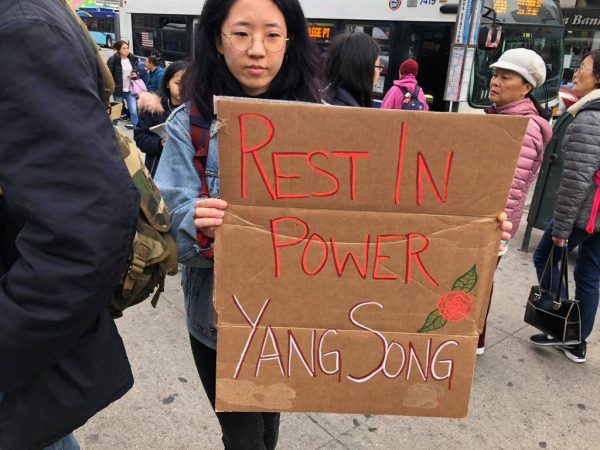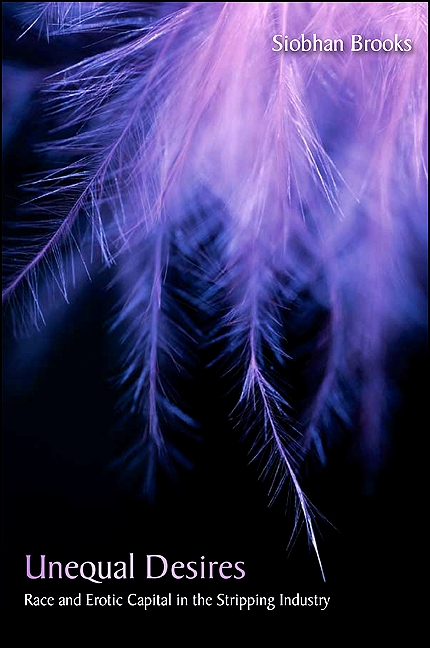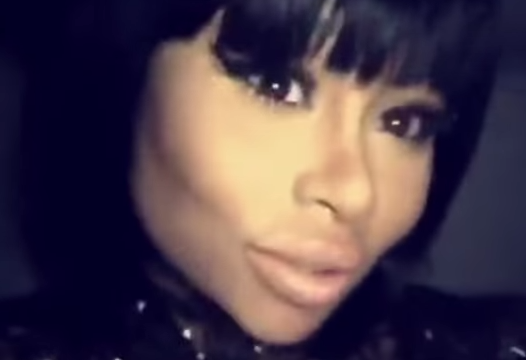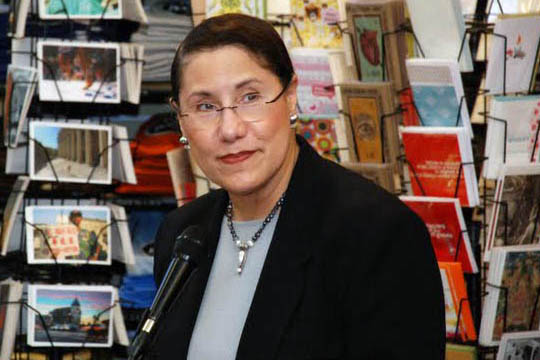The Massage Parlor Means Survival Here: Red Canary Song On Robert Kraft

As we gathered on the busy street corner in front of the Queens Public Library in Flushing on Friday March 29th, over one hundred community members heard our cry: “性工作是真工作!” Sex work is work!
The police had blockaded Red Canary Song members from the library steps, protecting the carceral narratives that were being pushed inside by City Council Member Peter Koo and the NYPD—CM Koo, the NYPD, and a slew of other City initiatives were hosting a “How to Spot and Combat Human Trafficking” seminar inside the library behind us. Regardless of the heavy police presence, we continued our teach-in, passing out Know-Your-Rights trainings in English, Spanish and Mandarin to community members and passerby. Direct services providers and advocates spoke, dispelling myths and misconceptions that surround migrant massage and sex work. One of the main myths that we sought to challenge is the perspective both the police and Polaris favor: that all Asian massage workers are perpetrators or victims of sex trafficking. Many speakers and some community members referenced the recent case of Robert Kraft directly. Through the almost three hour long teach-in, we distributed upwards of one thousand pieces of print materials to participants and passersby.
The public is fed the racist myth that all Chinese massage parlors are involved in human trafficking. In fact, most Chinese workers do this work because it is the most sensible work for them to do, especially when they are new immigrants to the country and do not have access to other opportunities or employment training. For many, it is simply the fastest way to send money home, and it makes the most practical sense at this time of their lives.
“The massage parlor is a platform for our survival [here] when there are not [a lot] of other services to help immigrants transition into the country,” explains Elle, a veteran Flushing massage parlor worker.
(Im)migration, as it relates to Asian and specifically Chinese women, as well as feminine and gender non-conforming sex workers, is far more complicated than most people realize.
The Chinese hukou system, which restricts people to living in the rural area where they are born, making workers illegal in their own country, is a huge driver of internal “migrant sex workers” with no working rights in China. It is also a huge driver of migration out of China under Deng Xiaoping’s policies, which actively promoted rural migration out of China rather than overcrowding Chinese cities. These migrant sex workers often end up in Hong Kong, where our comrade Elene Lam met them as Director of Zi Teng, a sex worker rights organization in Hong Kong. By way of Hong Kong, these same workers often end up in Flushing or Toronto.
It’s an incredibly global network, connected through newly possible digital networks. Elene has literally met the same workers she has done outreach with in Canton, then Hong Kong, and then Toronto. This sequence of migration is driven by government policies that restrict the labor rights of Chinese workers who are made illegal in their own country, due to an internal caste system of rural vs. urban workers. Yet these migrant sex workers also do much to support Chinese economic development by sending a large portion of their money home.
It’s ironic and laughable in the darkest sense when Christian charities in “international development” work travel to countries like Cambodia and Thailand to convert sex workers into garment workers. Do they recognize how much “international development” these sex workers are already doing? Much more than a charity promoting the sale of handmade trinkets could ever manage.


